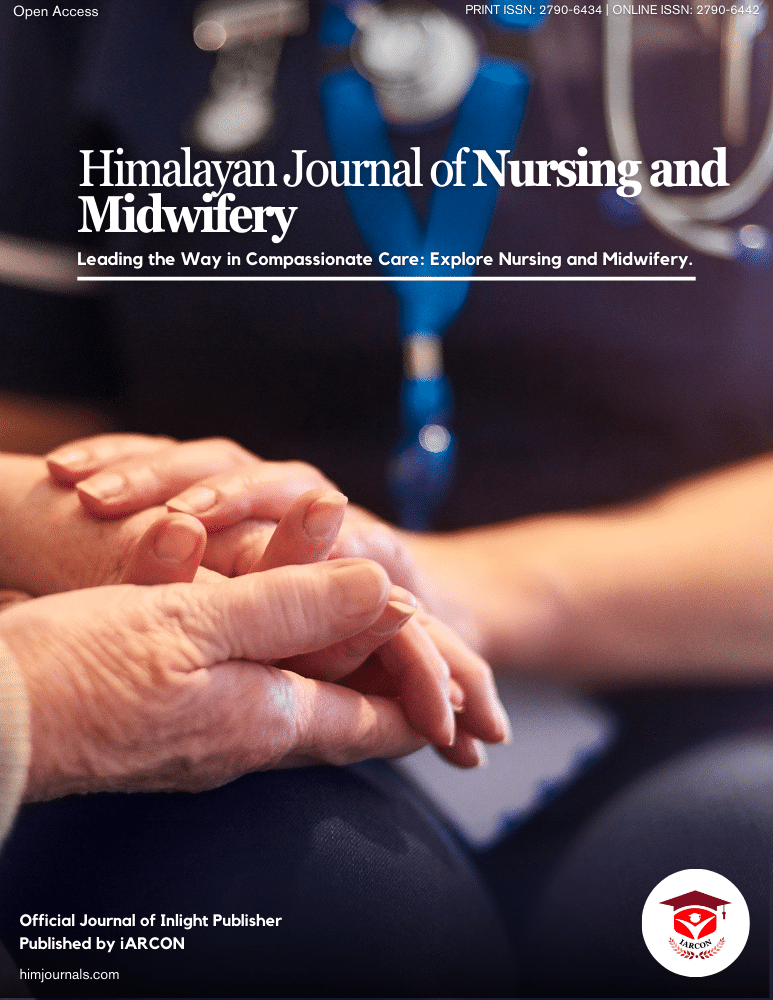Nursing Leadership on Effect Nurse's Service Performance in Hospital: A Systematic Review
To implement integrated nurse’s service, there is a need for leaders to address healthcare developments. It is still unclear what kind of leadership is necessary, who professionals ought to fill this role and how these nursing leaders should be supported. The study literature continually emphasizes the significance of nursing leadership for building a high-standard healthcare system that consistently delivers safe and effective care, taking into consideration the terms of nursing leadership that have been published and synthesizing the literature to identify the characteristics, qualities or skills necessary to be a successful clinical leader and effective nursing leader in the hospital. Think about nursing leadership in primary care. The purpose of this study was to synthesize the evidence related to leadership and primary service performance in the hospital. A systematic literature review was performed using the PICO framework within Science Direct, PubMed CINAHL, Word Scientific and Doaj databases in the last 5 years, with keywords leadership, nursing or primary care. A systematic literature review was performed using the PICO framework within Science Direct, PubMed CINAHL, Taylor & Francis Online, Wiley Online Library, Word Scientific and DOAJ databases in the last 5 years, with keywords leadership, nursing or primary nursing services. Nurse practitioners were aware of the four components of transformative leadership: idealized influence, inspirational motivation, intellectual stimulation and individual consideration. Support from the leadership prepared for and aided with the implementation of integrated service performance. The majority of the studies recommended nurses' leadership skills required persistence, support and education for taking care of nurse’s service performance in hospitals.

